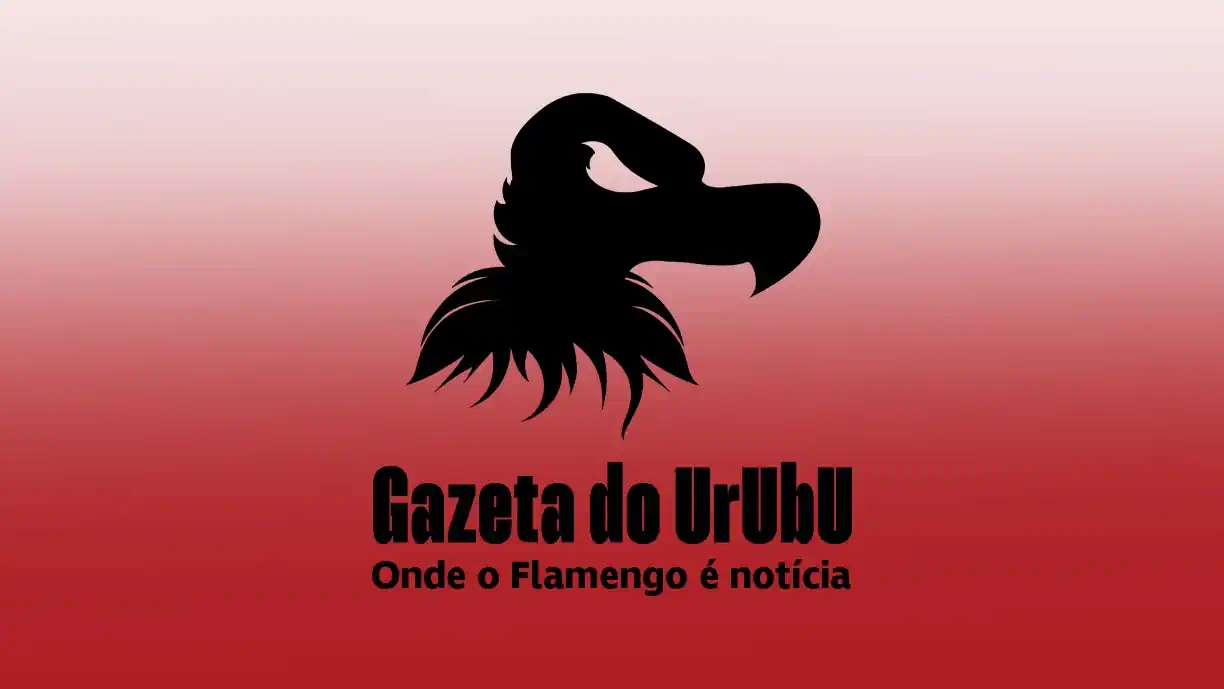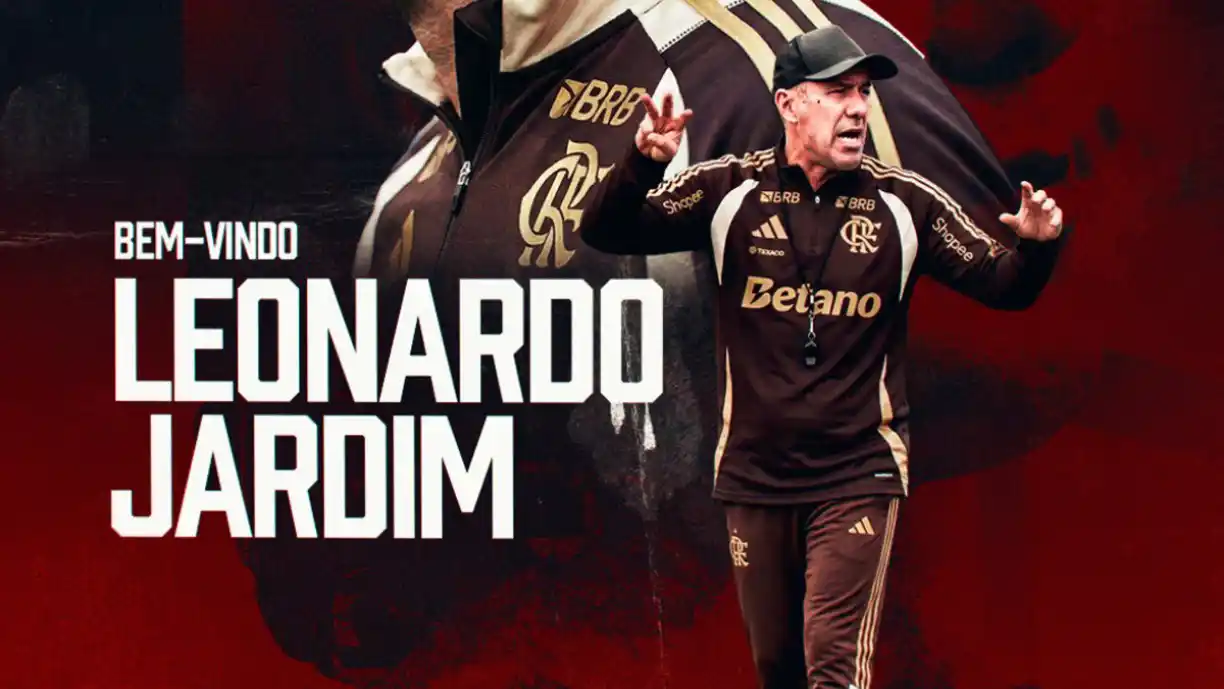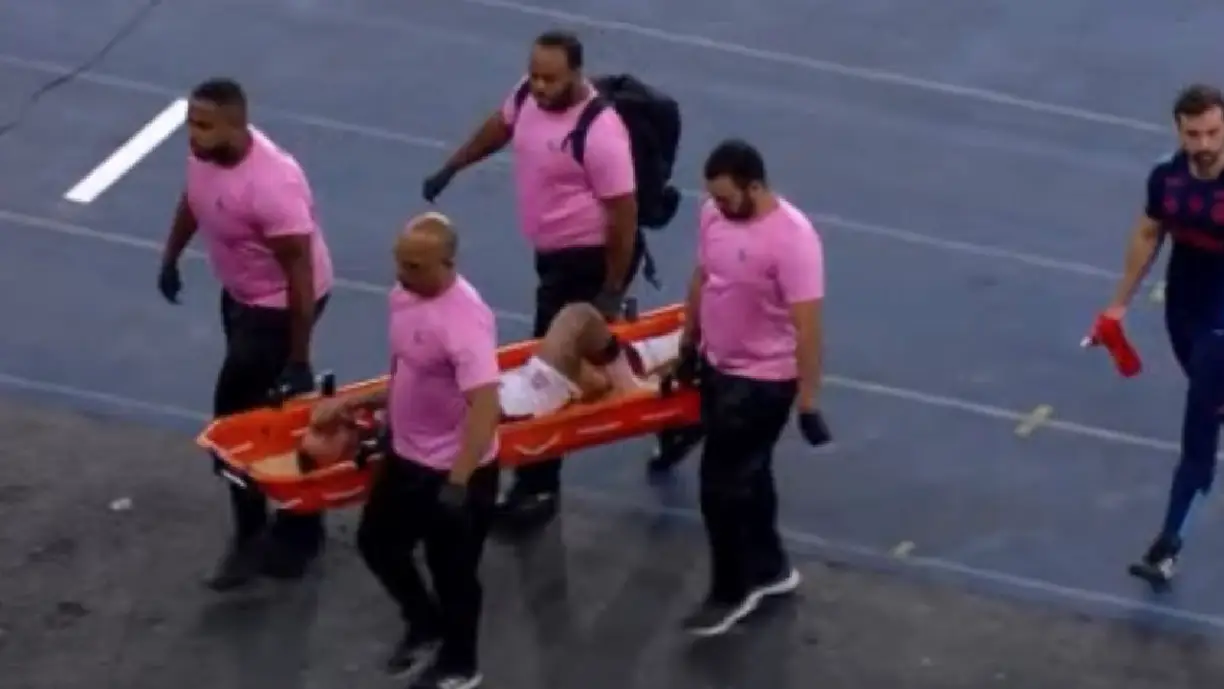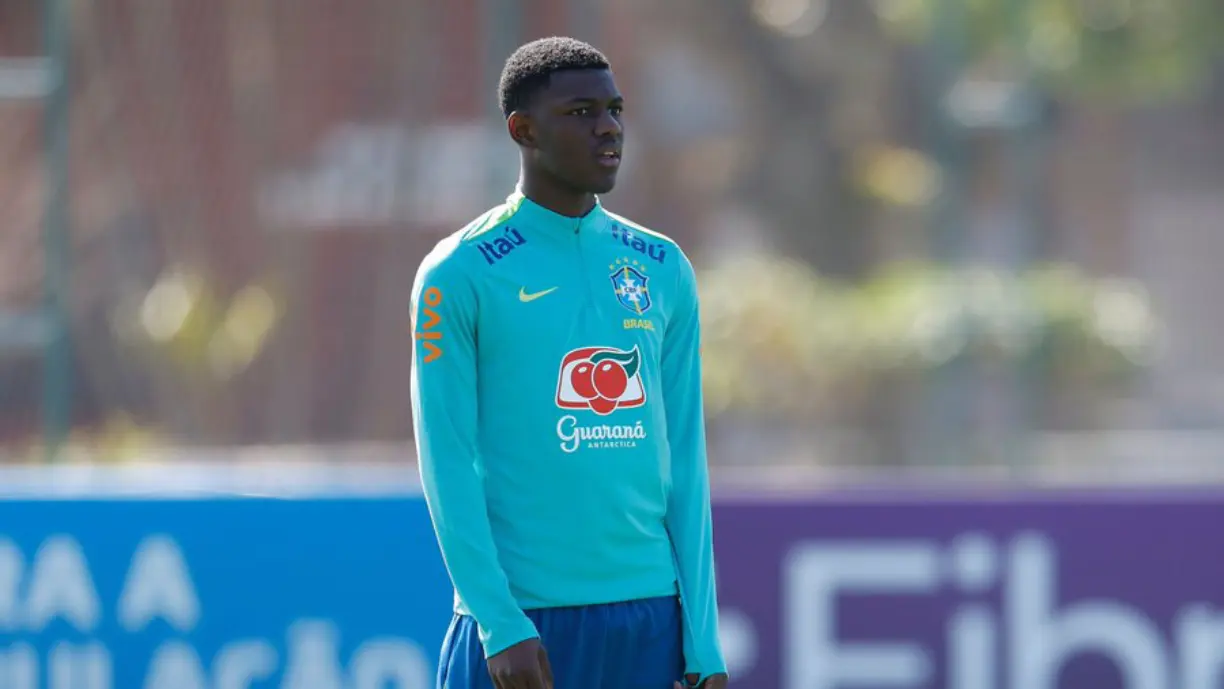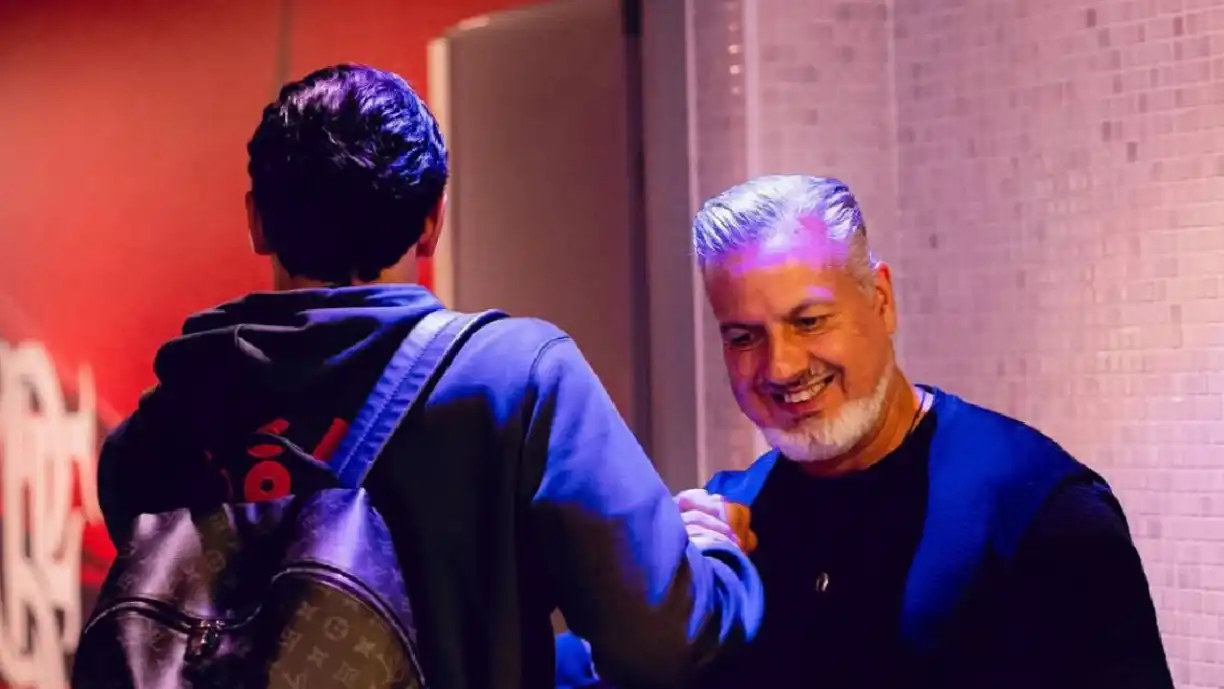Flamengo's creator and Real Madrid star, Vinícius Júnior has become a great symbol of the fight against racism in the world of sport. The target of racial insults since he began playing in Spain, the young striker suggested a change of behavior for one of the 2030 World Cup venues.
In an interview with CNN, Vinícius Júnior stated that justice and The Spanish population still has a long way to go in terms of evolution and understanding the seriousness of racist acts. The Real Madrid star asked that the 2030 World Cup not take place in Spain if the situation does not improve.
"By 2030 we have a very large margin for evolution, so I hope that Spain can evolve and understand how serious it is to insult a person because of the color of their skin. If things don't evolve by 2030, I believe it (the World Cup) will have to change location, because if the players don't feel comfortable playing in a country where racism can suffer, it's a bit complicated", said Vini Jr.
"I believe and want to do everything so that things can change because there are many people in Spain, or the majority, are not racists, but there is a small group that ends up affecting the image of a country where it is so good to live. I love being here, I love Real Madrid, and having the best conditions here with my family. evolve further. They have already evolved so far, but they can evolve further and that by 2030 cases of racism can decrease", he stated.
2030 WORLD CUP
The 2030 World Cup will be held in Spain, Morocco and Portugal. However, Argentina, Paraguay and Uruguay will host opening games. The decision is a kind of tribute to the centenary of the competition, which was first held in South America in 1930.



